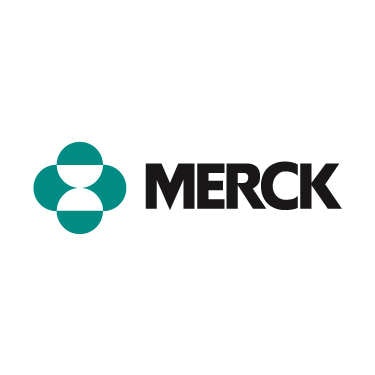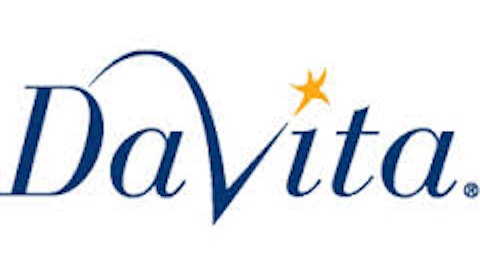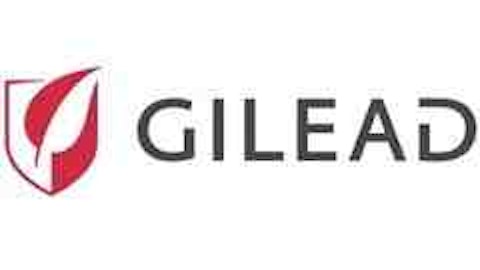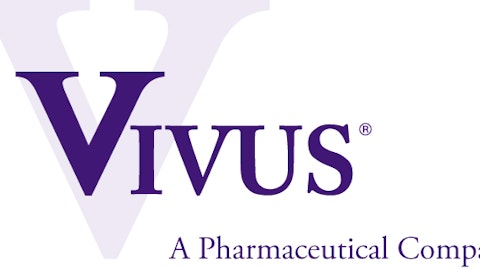The Centers for Disease Control recently released a study showing that the introduction of human papillomavirus vaccines has significantly reduced infection rates among teenaged girls. That’s good news for the manufacturers of the only two HPV vaccines approved in the United States: Merck & Co., Inc. (NYSE:MRK)’s Gardasil and GlaxoSmithKline plc (ADR) (NYSE:GSK)’s Cervarix.
The global HPV vaccine market has recently swayed towards one of these companies — but what does that mean for its financial health?
Effective vaccinations
HPV is an extremely common sexually transmitted disease. There are numerous types of HPV and many simply work themselves out of the body without symptoms. But other types can cause genital warts or cancer.
The new study was purposefully zoomed in on the types of HPV covered under the vaccines. There are over a dozen types of high risk HPV that can cause some form of cancer. Two types –16 and 18 – cause more than 70% of all cervical cancer cases. And those are the types that both Gardasil and Cervarix cover.
The study showed a 56% decrease in infection rates for those two types of HPV in teenaged females between the ages of 14 and 19 — historically the target patient group for the vaccines. That’s a significant drop considering Gardasil didn’t hit the U.S. market until 2006.
And the reduction happened despite relatively poor adherence to the vaccine regimen, which requires a trio of injections. According to USA Today, 46% of young women receiving the vaccine stop at the first dose and only 32% finished the process.
The United States has a lower rate of HPV vaccinations than other countries such as Japan and Australia, which have stronger enrollment programs. But the evidence of how well the vaccines are working could send more patients to the doctor for vaccination.
Future growth?
Merck & Co., Inc. (NYSE:MRK) would see the most gains from an influx of vaccination patients. Gardasil is approved for two more HPV types than Cervarix. And Gardasil received Food and Drug Administration approval for vaccinating men against HPV to help protect against various types of cancer including anal and penile.
Gardasil’s sales grew 35% last year to $1.6 billion while Cervarix sales fell 46% to around $412 million. Cervarix will continue to fall without broader indications — especially now that the U.K.’s National Health Service has switched its official recommendation from Cervarix to Gardasil. And both drugs could suffer if Japan’s current investigation into the safety issues of the vaccines turns out to be anything other than caution.
So Merck & Co., Inc. (NYSE:MRK)’s winning the vaccine race. But how dependent are the companies on having a successful product in this space?
Drug dependence
Merck & Co., Inc. (NYSE:MRK)’s limping after the patent expiration of Singulair, the $4 billion asthma and allergy medication. Without Singulair, Gardasil becomes Merck’s fourth best-selling drug. The company’s product portfolio is a bit hit-and-miss and an established growth opportunity can go a long way in promoting investor confidence.





